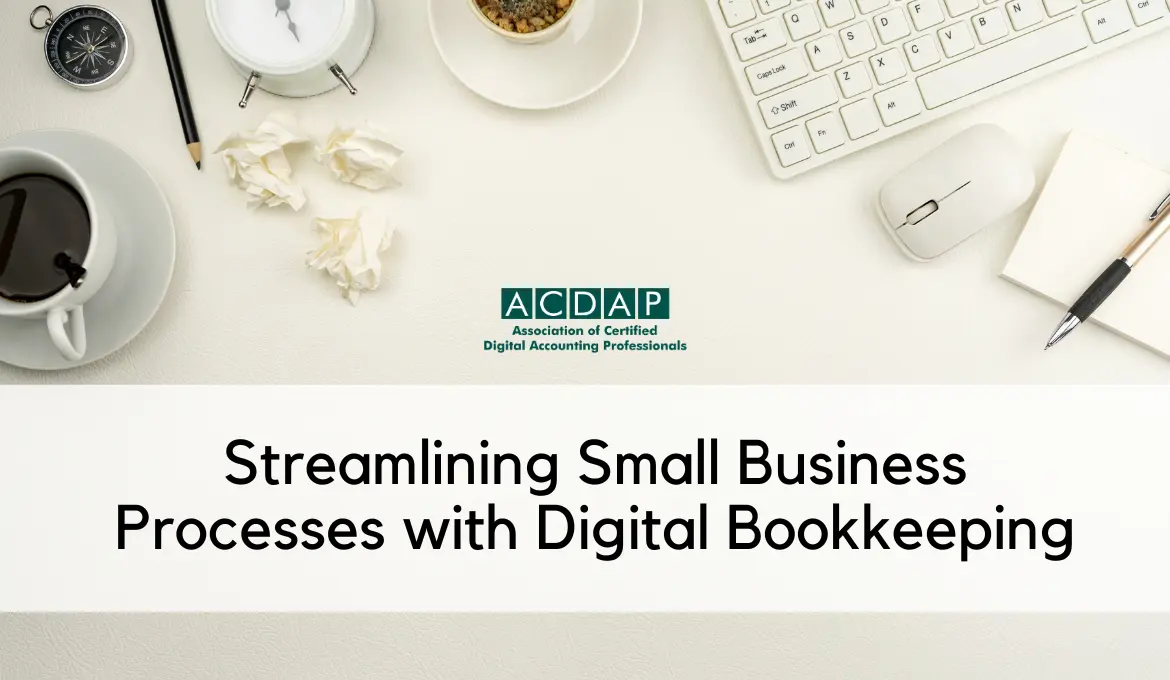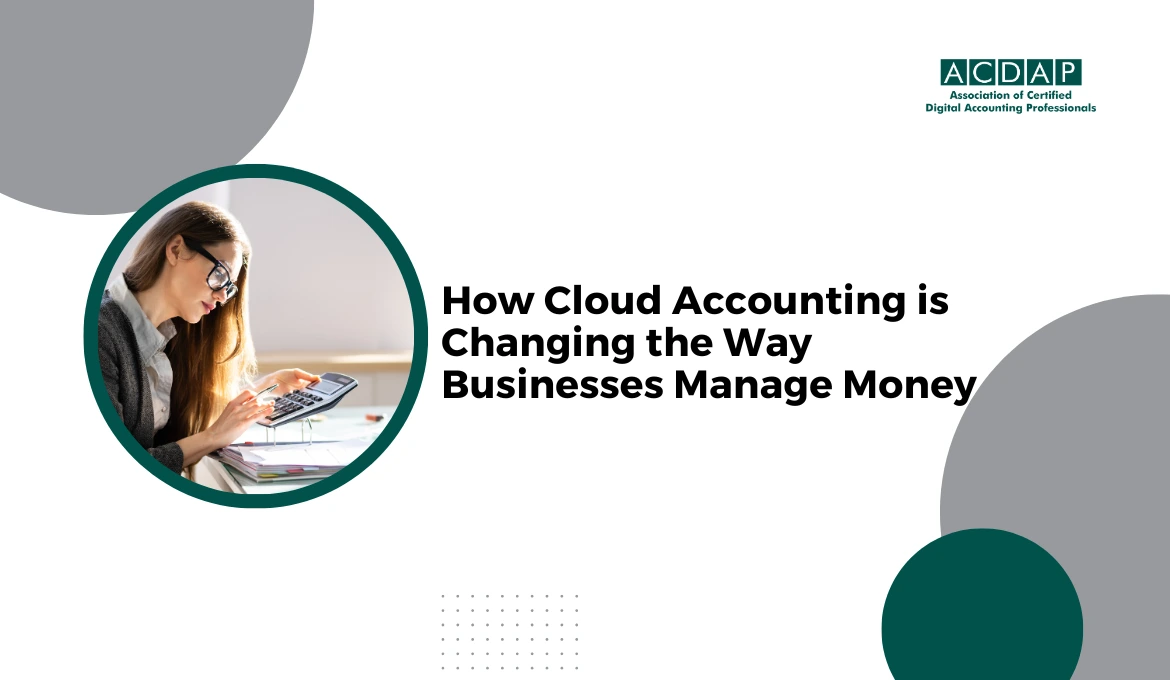In the fast-paced world of small businesses, efficiency and precision in financial management are not just goals but necessities. The advent of digitalisation has revolutionised operations, particularly in bookkeeping. Digital bookkeeping is a game-changer, offering accuracy, time-saving, and actionable insights for better decision-making.This article delves into the benefits of digital bookkeeping, showing how it can streamline small business processes, leverage technology, and secure a competitive edge in today's market.
Embracing Digital Transformation
The transition from traditional to digital bookkeeping marks a significant leap towards operational excellence for small businesses. Digital bookkeeping not only automates mundane tasks but also reduces the risk of human error, which is crucial for maintaining accurate financial records. By adopting digital solutions, small businesses can ensure that their financial data is up-to-date and accessible anywhere, anytime. This accessibility benefits small companies needing to make informed decisions quickly, instilling a sense of control and confidence.Furthermore, digital bookkeeping software is a treasure trove of features. It often includes automatic bank reconciliation, invoice generation, and real-time financial reporting. These tools are designed to simplify financial management, freeing up small business owners to focus on strategic growth initiatives instead of drowning in paperwork.
Streamlining Financial Processes
The efficiency of digital bookkeeping goes beyond just automating transactions and record-keeping. It streamlines the entire financial process, from invoicing to tax preparation. With digital tools, creating and sending invoices is a matter of a few clicks, and tracking their status in real time helps manage cash flows more effectively.Additionally, expenses can be tracked as they happen, ensuring that financial records always reflect the business's economic health. Another significant advantage is the ease of collaboration that digital bookkeeping offers.Accountants and business owners can access the same data simultaneously, enabling seamless communication and quicker resolution of financial queries. This collaborative method ensures everyone is on the same page, making financial planning and analysis more effective.
Enhancing Compliance and Security
Compliance with financial regulations is a critical concern for small businesses. Digital bookkeeping simplifies compliance by organising all transactions and preparing them for tax filing and audits.Many digital bookkeeping platforms are updated in real-time to comply with the latest tax legislation, reducing the risk of non-compliance. Digital bookkeeping platforms also offer advanced security measures to protect sensitive financial data.These systems are often equipped with encryption, multi-factor authentication, and regular backups, ensuring that financial information remains secure from unauthorised access and data loss.Small businesses can avoid costly penalties and safeguard their reputations by prioritising security and compliance, which can provide reassurance and peace of mind.
Gaining Insights for Strategic Decision Making
One of the most significant advantages of digital bookkeeping is the ability to generate detailed financial reports and insights. These tools can analyse economic data to identify trends, track performance against budgets, and forecast future financial positions.With real-time information and analytical tools, small business owners can make more informed decisions regarding investments, cost-cutting, and growth strategies. Digital bookkeeping platforms often come with customisable dashboards that provide a picture of the business's financial health, highlighting key metrics such as cash flow, profitability, and expenses.By leveraging these insights, small businesses can optimise their operations, allocate resources more efficiently, and drive better financial performance.
Wrap up
Adopting digital bookkeeping is a game-changer for small business owners looking to streamline their financial processes. It automates and simplifies bookkeeping tasks and provides a foundation for strategic decision-making through real-time insights and analytics.By embracing digital transformation, small businesses can improve accuracy, enhance compliance and security, and focus on growth-oriented activities. In the digital age, the move towards digital bookkeeping is not just an option; it's a strategic necessity for small businesses to thrive in a competitive marketplace.As small business owners look to the future, integrating digital bookkeeping into their operational strategy is a step towards achieving financial clarity and operational efficiency. With the right digital tools, small businesses can quickly and confidently explore the complexities of financial management, paving the way for sustainable growth and success.


























